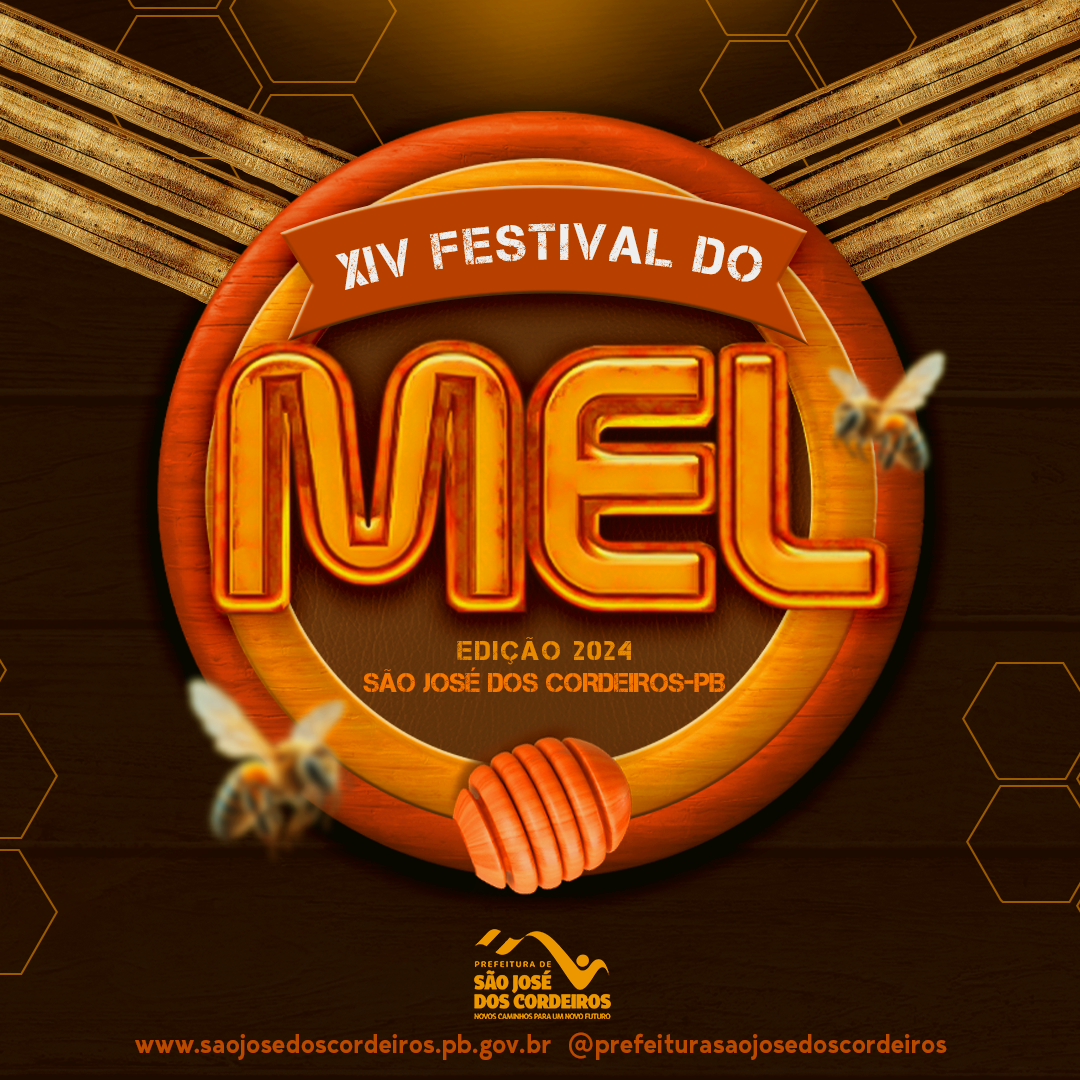Beekeeping for the empowerment of women farmers: a case study
Keywords:
Empoderamento das mulheres; apicultura; agricultura familiar, mel.Abstract
The relationship between bees and the natural environment emphasises the potential of beekeeping as a sustainable practice, as bees play a crucial role in ecosystem health, biodiversity conservation and food security; it is also compatible with the Sustainable Development Goals. Previous studies have shown that women's participation in beekeeping projects gives them access to paid work and triggers the possibility of their empowerment and autonomy. The study was carried out in the municipality of São José dos Cordeiros (PB) to assess the role of women in beekeeping and the contribution of honey production to improving family livelihoods, investigating the process of women's empowerment as one of the social outcomes resulting from the activity. Questionnaires were sent to the six women participating in the beekeepers' association, of which four responded. All the women interviewed recognise the importance of the female presence in beekeeping and see beekeeping as a way of showing that women can play important roles in areas traditionally dominated by men, as well as highlighting the excellence of women's practices and the positive impact on family income, although they report the challenges they face, such as appreciation, the need for technical assistance and more investment in the activity. The results also indicate that women's participation in beekeeping has increased their access to fairs and events, as well as their ability to define and achieve their goals, revealing a shared vision among the participants about their role in beekeeping as well as the potential for empowerment that the activity can offer.
Downloads
Published
How to Cite
Issue
Section
License
Copyright (c) 2024 Maria Luiza Oliveira Ramos, Juliana, Camily, Dayane, Palloma, Edson, Adriana (Autor)

This work is licensed under a Creative Commons Attribution 4.0 International License.
Termo de cessão de direitos autorias
Esta é uma revista de acesso livre, em que, utiliza o termo de cessão seguindo a lei nº 9.610/1998, que altera, atualiza e consolida a legislação sobre direitos autorais no Brasil.
O(s) autor(es) doravante designado(s) CEDENTE, por meio desta, publica a OBRA no Caderno Verde de Agroecologia e Desenvolvimento Sustentável, representada pelo Grupo Verde de Agroecologia e Abelhas (GVAA), estabelecida na Rua Vicente Alves da Silva, 101, Bairro Petrópolis, Cidade de Pombal, Paraíba, Brasil. Caixa Postal 54 CEP 58840-000 doravante designada CESSIONÁRIA, nas condições descritas a seguir:
O CEDENTE declara que é (são) autor(es) e titular(es) da propriedade dos direitos autorais da OBRA submetida.
O CEDENTE declara que a OBRA não infringe direitos autorais e/ou outros direitos de propriedade de terceiros, que a divulgação de imagens (caso as mesmas existam) foi autorizada e que assume integral responsabilidade moral e/ou patrimonial, pelo seu conteúdo, perante terceiros.
O CEDENTE mantêm os direitos autorais e concedem à revista o direito de divulgação da OBRA, com o trabalho simultaneamente licenciado sob a Licença Creative Commons do tipo atribuição CC-BY.
O CEDENTE têm autorização para distribuição não-exclusiva da versão do trabalho publicada nesta revista.
O CEDENTE têm permissão e são estimulados a publicar e distribuir seu trabalho online (ex.: em repositórios institucionais ou na sua página pessoal) a qualquer ponto antes ou durante o processo editorial, já que isso pode gerar alterações produtivas, bem como aumentar o impacto e a citação do trabalho publicado.








